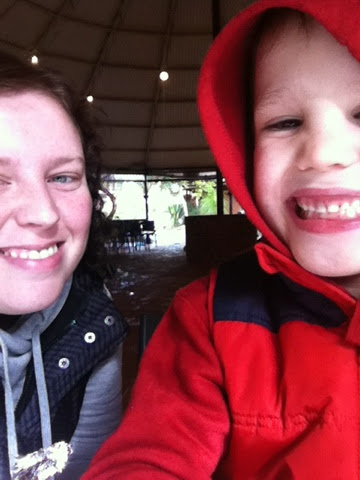

Understanding your symptoms and signs and educating yourself about health conditions are also a part of living your healthiest life. There are several treatments for panic attacks.Īt MedicineNet, we believe it is important to take charge of your health through measures such as a living healthy lifestyle, practicing preventative medicine, following a nutrition plan, and getting regular exercise.

Most people with panic attacks experience several of the following symptoms: racing heartbeat, faintness, dizziness, numbness or tingling in the hands and fingers, chills, chest pains, difficulty breathing, and a feeling of loss or control. The fear and terror that a person experiences during a panic attack are not in proportion to the true situation and may be unrelated to what is happening around them. A person experiencing a panic attack may believe that he or she is having a heart attack or that death is imminent. These episodes can occur at any time, even during sleep. If you experience palpitations often, or if you have a history of heart conditions and notice your heart fluttering, call the office to schedule an appointment or use the online system.Panic attacks are sudden feelings of terror that strike without warning.

With atrial flutter, the upper two chambers of your heart (the atria) beat too quickly, but in a more organized way than they do in atrial fibrillation. Atrial flutter is similar to atrial fibrillation, the most common type of arrhythmia. However, if you regularly experience signs of heart flutter that feel like your heart is beating too quickly, or out of sync, it could be a sign of atrial flutter. If you feel a flutter in your chest now and then, it’s probably nothing to worry about. When the atria beat too fast, this particular type of arrhythmia is called atrial flutter. If there’s a problem with the sinus node, it could send signals too quickly or too slowly, causing your upper heart chambers (atria) to become out of sync with the lower chambers (ventricles). Usually, your sinus node keeps your heart beating in perfect rhythm. In some cases, heart flutter may occur when your sinus node – your heart’s natural pacemaker – sends imperfectly timed electrical signals to the chambers in your heart. Created for people with ongoing healthcare needs but benefits everyone. An individual can stimulate the vague nerve by: holding the breath and pushing. There are some causes of muscle flutters and top of them is. The vagus nerve connects the brain to the heart, and stimulating it can calm palpitations. For others, it’s a severe form of arrhythmia that may need medical attention.Ĭommon potential causes of heart flutter include: Fluttering in right side of chest: It seems that you have a problem known as Muscle Fasciculation on your right sided chest. Symptoms include palpitations, shortness of breath, anxiety. For many, this is a temporary “glitch” that fixes itself. Atrial flutter is an abnormality in the beating of the heart, also known as arrhythmias. The feeling of your heart fluttering, or palpitations, is the result of your heart beating out of its normal rhythm.


 0 kommentar(er)
0 kommentar(er)
